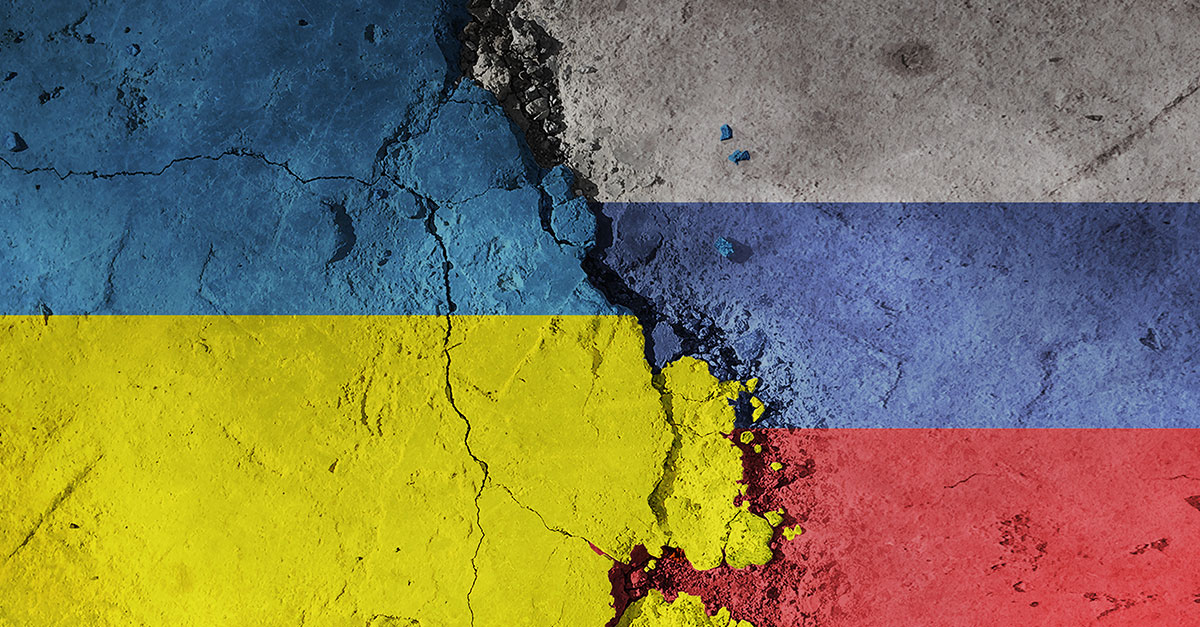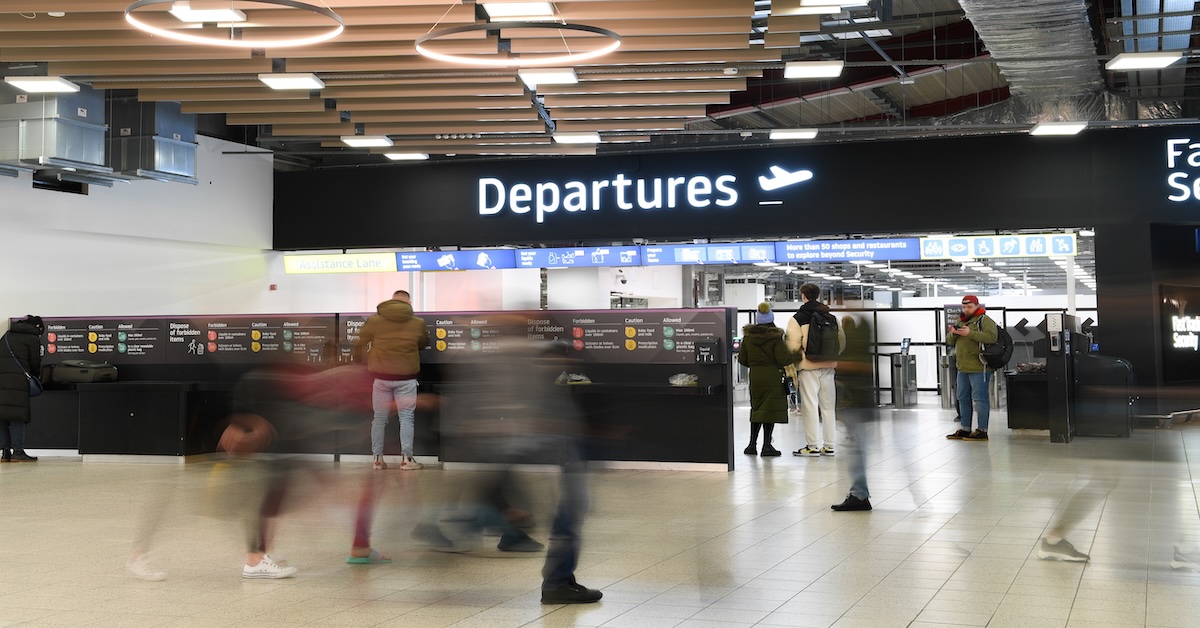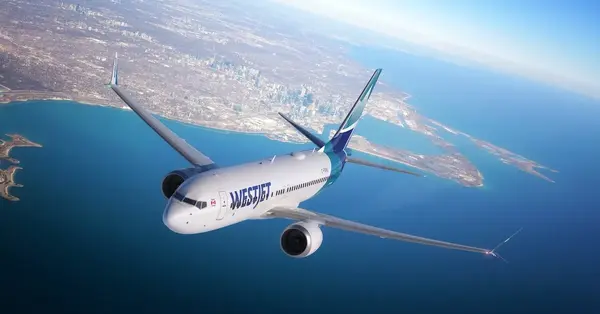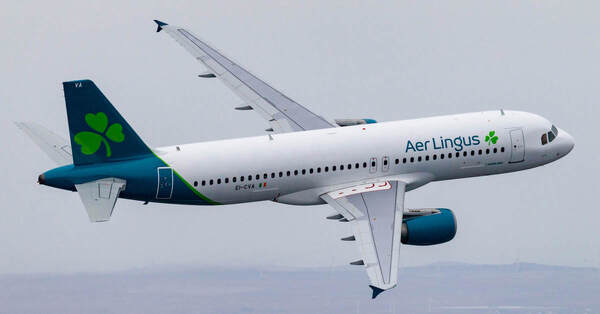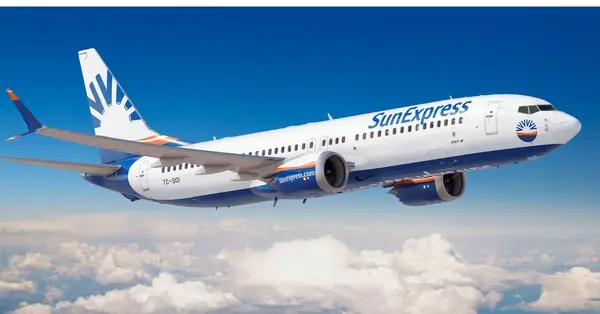You are viewing 1 of your 2 free articles
Rich Russians continued to travel, data a year after Ukraine invasion reveals
The Middle East and Turkey have seen a rise in air traffic from Russia by not banning flights in response to its war in Ukraine.
Seat capacity between Russia and the Middle East was 27% greater than it was in the equivalent period before the pandemic and Turkey by 26%, according to flight data firm ForwardKeys.
By comparison, numbers were 99% down to the EU and UK, 92% to North America, 87% to Asia Pacific, 76% to Africa and the rest of the Americas and 20% less to the rest of Europe due to sanctions and a ban on direct flights from Russia.
A year on from the invasion of Ukraine, wealthy Russians were found to have returned to international travel “with a vengeance” post pandemic while ordinary citizens stayed at home.
Premium class tickets for Russian outbound travel boomed, rising by 10% on pre-pandemic levels from the start of the war on February 24 last year until the end of December, while economy class travel fell by 70%, according to the analysis.
Thailand emerged as the destination which was most successful in attracting affluent Russians, with premium class travel up by 81% on 2019. The country was followed by the UAE, Turkey, the Maldives and Egypt.
Looking at all travel, the most popular route for Russians during the past year has been to the Turkish resort gateway of Antalya. The next busiest route was between Moscow and Istanbul.
However, the situation has changed since the start of 2023, with international travel collapsing in the first quarter of the year. Premium class flight bookings are 26% behind 2019 levels and economy 66% down.
The closure of Russian air space to many airlines has seen an increase in costs and flight times between Europe and Asia Pacific, resulting in higher air fares.
Average fares between Europe and Asia Pacific were 20% higher than before the pandemic in 2019 and 53% higher than last year.
On flight times, 37% of air traffic between the two continents now takes more than eight hours, up from 23% before the invasion.
Routes that have been worst affected include those to Japan and South Korea from France, Germany, Scandinavia and the UK.
ForwardKeys insights vice president Olivier Ponti said: “The greatest impact on air travel to and from Russia since the invasion of Ukraine last February has been war-related sanctions, which have particularly benefitted Turkey and the Middle East, as they have maintained direct flights to and from Russia.
“We expect Chinese airlines will be another winner as they are still flying through Russian air space; and that gives them a competitive advantage in flight times and fuel costs on routes between Europe and Asia Pacific.
“However, the most eye-opening feature is the premium class boom, which appears to illustrate a division in Russian society between the rich, who holidayed in style, while the less affluent stayed at home.”

